Last summer, Pope Benedict surprised some close to him when, at the end of the annual Schülerkreis meeting with his former Ph.D. students, he told them that it might be the last time they would meet. I spoke about that moment, and about the Pope’s resignation, with a Salvatorian Father, Stephan Horn, who wrote his habilitation thesis under then-young Professor Ratzinger, and today is a president of the “Joseph Ratzinger Papst Benedikt XVI Stiftung” and an organizer of the Ratzinger Schülerkreis meetings.

Clementine Hall. Benedict XVI receives in audience Cardinals and members of the Roman Curia (Galazka photo)
From the perspective of the Pope’s resignation, how do you now understand his words at your last meeting?
Father Stephan Horn: The Holy Father did say before and after the meeting that probably it would be the last time we would meet on such an occasion. But he entrusts everything to Divine Providence. Only afterward did we understand that some elements were different then usual. The Pope himself gave the homily at Mass. Usually at the former meetings this was done by Cardinal Schoenborn. After Mass, and before breakfast, the Pope wanted to say goodbye to everyone personally. We wanted to present him with two recently published books, so in the end there wasn’t time for this. We did not think it was a sign he would resign.
Now, is there any hope that the Holy Father could come to a new meeting?
Horn: We want to continue those meetings at least this year. But, we don’t know and also we can’t imagine, if the Holy Father would participate. We leave the decision to him.
Was the resignation for you, personally, a surprise?
Horn: Yes, it was a complete surprise. As I already said, I thought he would remain in office, but focusing on the more necessary things.
What type of person is Benedict? Does his decision show somehow the perfectionist nature of Germans?
Horn: Certainly, no one is the same. I don’t know if it is a German thing. It seems to me a decision that the Pope made recently before God. This is a decision which only he could make. Benedict XVI was always asking what God’s will is at each moment. He has never done what the media or others thought he should do. He realized that he had to answer to God. He, in his conscience, made this decision. Perhaps others in a similar situation would do something else. This is a resignation that nobody from outside can judge. This was the Holy Father’s decision.
If such a great Pope leaves his office, isn’t it a sign that something is wrong with the Church?

Father Stephan Horn.
Horn: The Holy Father has seen things very differently. Especially during his trips, he saw a vibrant Church, young and enthusiastic. On the other hand, he saw also great weaknesses, especially in Europe. But also in these parts of Europe he saw small seeds, the fruits of which cannot be seen yet. He saw the hope; he didn’t want to see only pessimism. Especially in Europe, the Church is facing big difficulties, there is very strong criticism which takes away the joy of the faith. This was hard for the Holy Father, who desires a renewal in the faith, the Word of God, and the Eucharist. A new evangelization, but first of all he thought about an auto-evangelization. A true renewal of the faith, an inner renewal. Only in this way can the Church be renewed.
Did the Holy Father speak at the Schülerkreis about the difficulties he has to face?
Horn: The Holy Father every year spoke about his trips, his experiences, but never spoke about problems in the Roman Curia. On the other hand, he very often had difficulties from outside. He has not always been well understood. This has been a burden for sure.
But on the other hand, he accepted that as his cross. For him, difficulties, the cross, are the way of the victory of God. To him, the cross of Christ is his cross. He accepts these sufferings next to Christ. This gives him the strength to overcome the difficulties. He knows that suffering brings fruits to the Church and to man.
The Holy Father truly represents a great theology of the cross. He believes that on the cross already the truth of the resurrection of Christ and the victory of good over evil has begun.
Do you remember your first meeting with Prof. Ratzinger?
Horn: Of course, I have that moment vividly in my memory. I met him in his small house in Regensburg. He received me with kindness. I told him that my superiors would like me to continue my studies of theology to become a professor. He asked me what I had studied before. We spoke about theological subjects. He received me simply as a person; he truly welcomed me with a great benevolence.

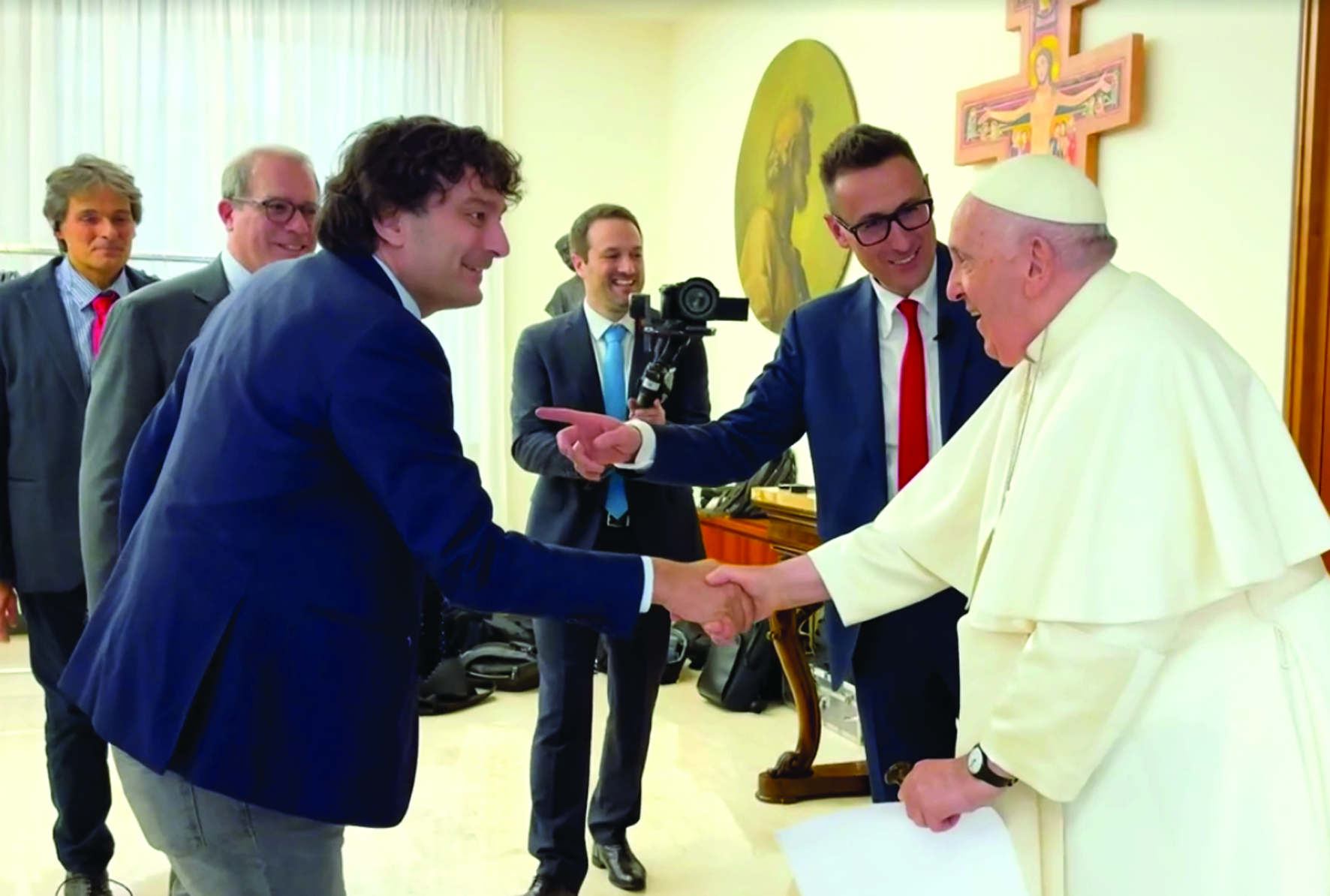
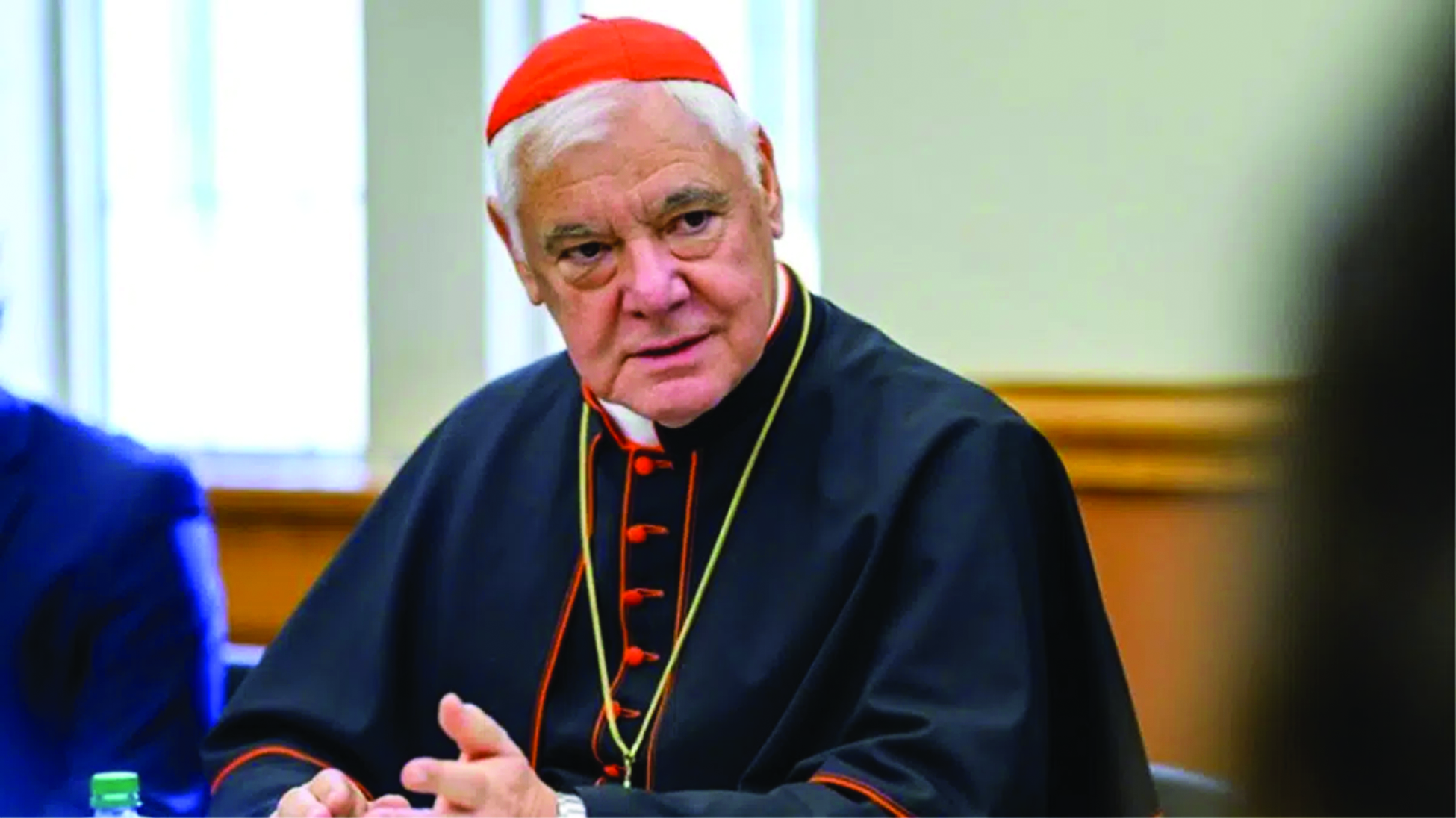
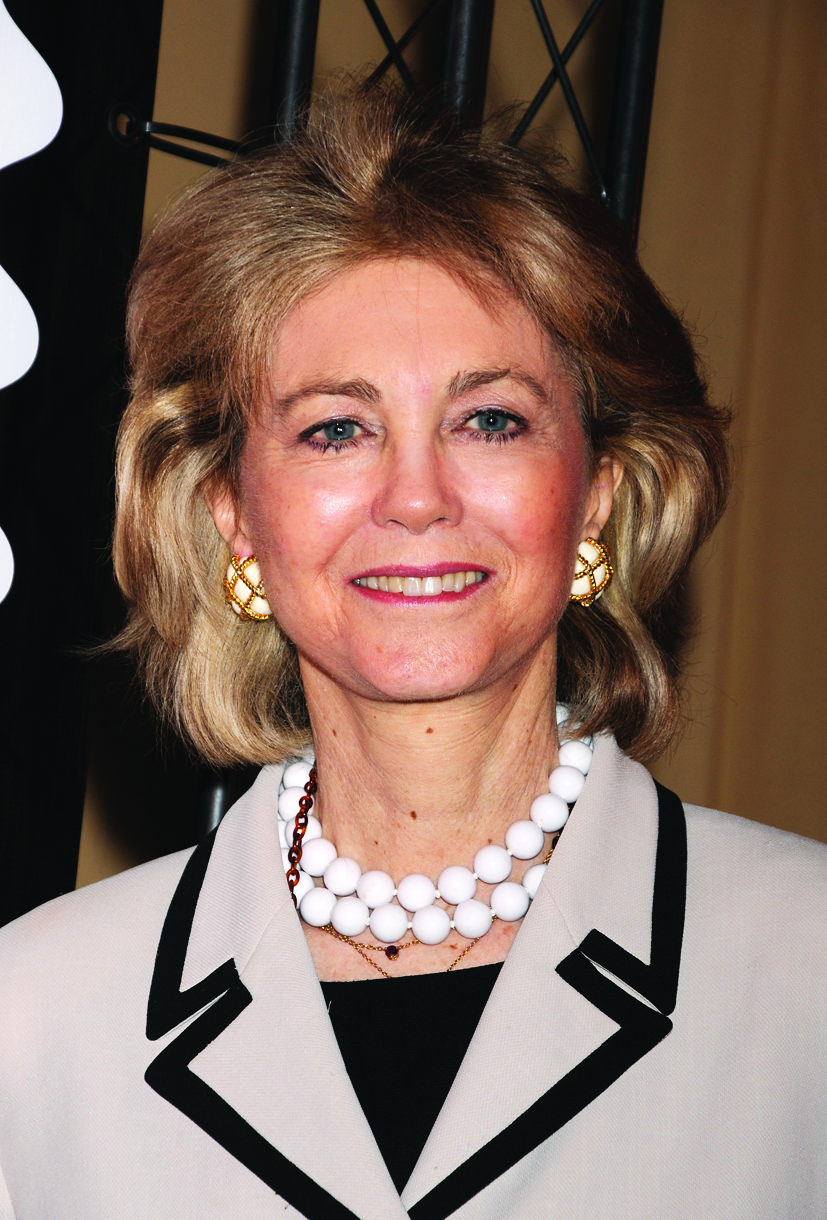
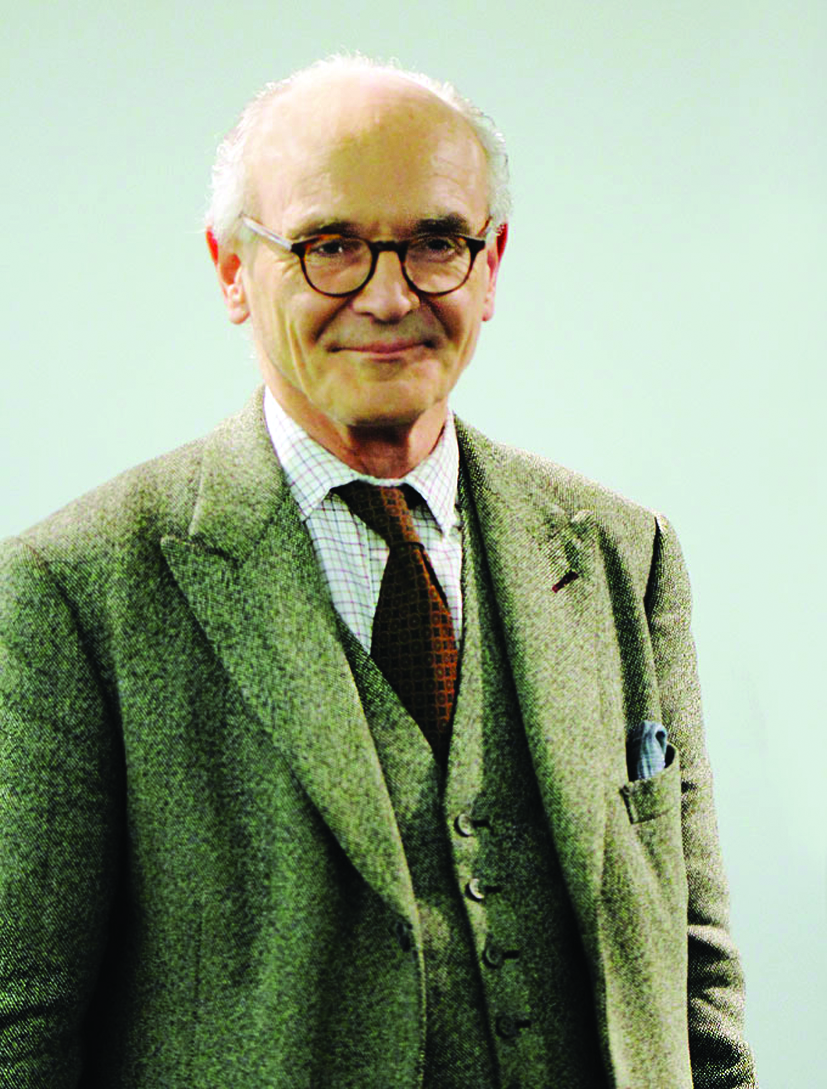
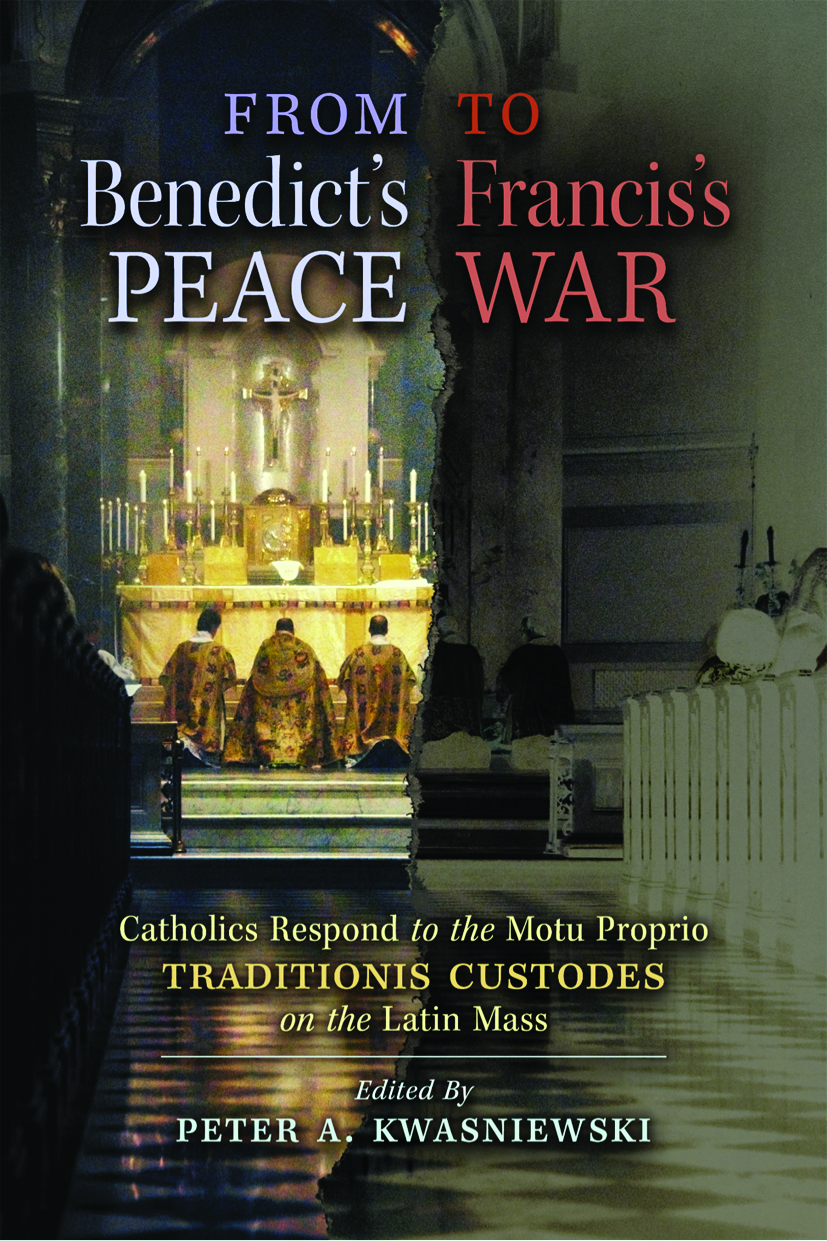
Facebook Comments